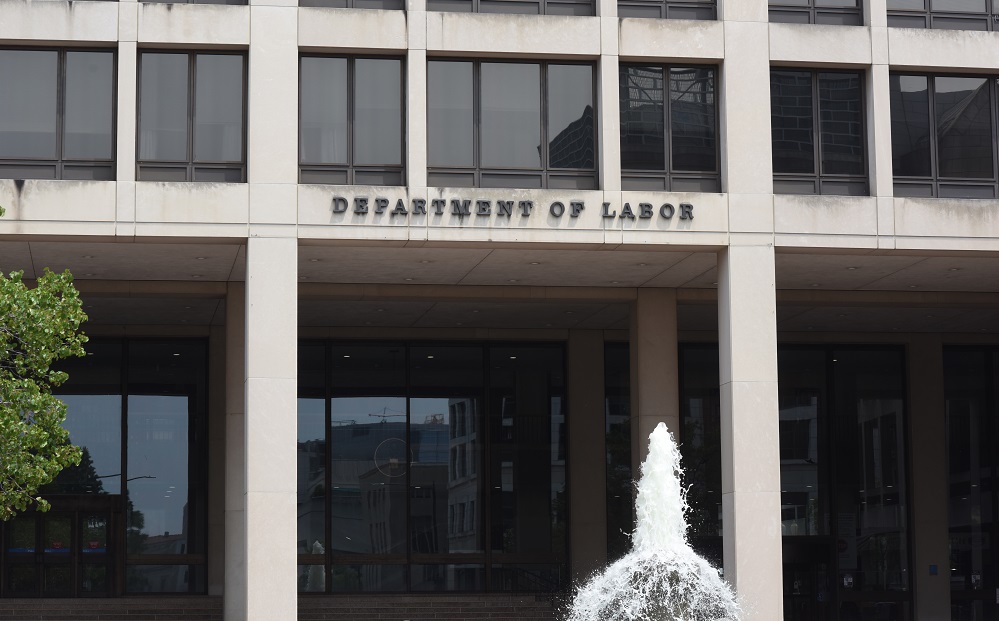On September 14, the Internal Revenue Service (IRS) announced it had stopped processing all new coronavirus-era Employee Retention Tax Credit (ERTC) claims, and that claims submitted prior to September 14 will be subject to enhanced examination and considerable delay before payment of those claims it determines to be valid. The IRS actions are in light of reports of rampant fraud among those seeking to claim the ERTC.
The ERTC is a pandemic-era law that provided help to businesses that kept their workers on the payroll during the COVID-19-related nationwide shutdown. It is a complex tax credit that has been found to trigger honest mistakes in calculating claims for it, as well as what enforcement personnel call “massive fraud” in the claims process. In fact, the IRS added the credit to its annual list of “Dirty Dozen” tax scams this year.
The halt to the ERTC claims process will last through at least December 31, the IRS said. The IRS also said it will implement an enhanced compliance program, including “intensifying audit work and criminal investigations on promoters and businesses filing dubious claims.” The IRS further said the stoppage of processing new ERTC claims is to “protect taxpayers from scams…amid a surge of questionable claims.” The agency cited “aggressive marketing to ineligible applicants” as creating “unacceptable risk to businesses and the tax system.”
The IRS also announced it would continue to process and pay claims submitted prior to September 14, but that processing would slow from the current average 90 days to as much as 180 days. The agency also cautioned that it may seek more documentation on these existing claims.
Opposition to IRS Action: There has been considerable push-back against this IRS moratorium on processing new ERTC claims. For example, shortly after the announcement of the moratorium on new claims, House Ways & Means Committee Chair Jason Smith (R-MO) and Oversight Subcommittee Chair David Schweikert (R-AZ) on October 3, 2023, sent a letter to the IRS “[to] ask that the Internal Revenue Service (IRS) provide the Committee on Ways and Means with the agency’s plan to resolve the backlog of unprocessed ERTC claims, prevent fraud, and ensure hard-working, eligible businesses receive the credit to which they are entitled in a timely manner.” In addition, the National Federation of Independent Businesses (NFIB) is calling for the IRS to resume processing legitimate ERTC claims. NFIB acknowledges a “problem with fraudulent claims,” but warns the full moratorium “will do more damage” to the small companies that “can legitimately receive the incentive.” NFIB is also encouraging its members to use tax professionals, like accountants, for their NFIB claims rather than going through the various companies that have been advertising that they can help with getting quick ERTC claim action.
Many NAIFA members have themselves or have clients who have made or who are contemplating making an ERTC claim. Those whose claims have not yet been submitted or whose claims have not yet been processed are urged to carefully review their specific situations and claims.
Resources:
FAQ
Prospects: The IRS enforcement action puts ERTC claims in a high-risk category. Those with valid ERTC claims will get their claims paid, but payment will come more slowly. And those with errors in their claims will face heightened scrutiny and potential adverse consequences if those errors are not corrected.
NAIFA Staff Contact: Jayne Fitzgerald – Director – Government Relations, at jfitzgerald@naifa.org.






.png?width=600&height=90&name=Support%20IFAPAC%20%20(600%20%C3%97%2090%20px).png)
